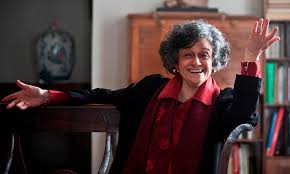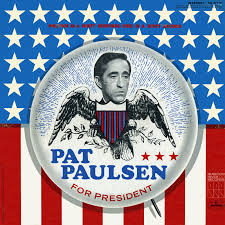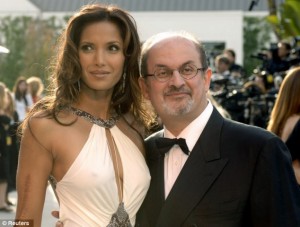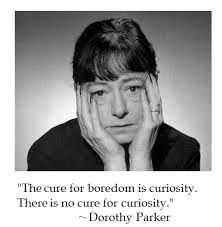Wendy-joon, who doesn’t Tweet – who doesn’t even write much, that I know of – is nonetheless a chronically well-read haunter of libraries. If you see her driving ‘round town, you may see a slightly open-mouthed look of attention on her face, an intense calm, if she’s listening to one of the books-on-CD that is among the 7 or 27 that she’s borrowed from her local branch. (Libraries! What pillars of civilized living they are!) And now that I’m officially an Automobile Owner again, she even has me hooked on the habit of listening to books. Yesterday, a 20-minute stick-shift errand turned into a two-hour drive because of Marilynne Robinson’s novel Home, but that’s not what this post is about.

I like this person. This photo courtesy of The Guardian, where I think her blog appeared. (Or appears.)
My Wendyful friend wouldn’t let me leave her home the other month without A.L. Kennedy’s On Writing. Stephen King’s same-titled look at the scribbling life was great, and I was up for another even if I’d never heard of Ms. Kennedy. She’s a wordsmith and often a funny one, but her artistic aim is true. Much of the book is simply a collection of her blogs on the writing life over a few years. They’re short, witty, wise, and not infrequently they draw blood.
So now I’m a Kennedy fan, though I’ve never read any of her six collections of short stories or half-a-dozen novels. She also teaches creative writing, an activity about which she is amusingly and reasonably doubtful. Yet as she went back to start a new term at Warwick University, she focussed on the delights of the job. One of those deep pleasures, in the midst of the general deafening solitude of her writing life, was the mere collegiality of the thing, the fellow-feeling, being among others for whom word-spinning is also bread and hearth and home.
The second great delight, she says, is in re-writing.






